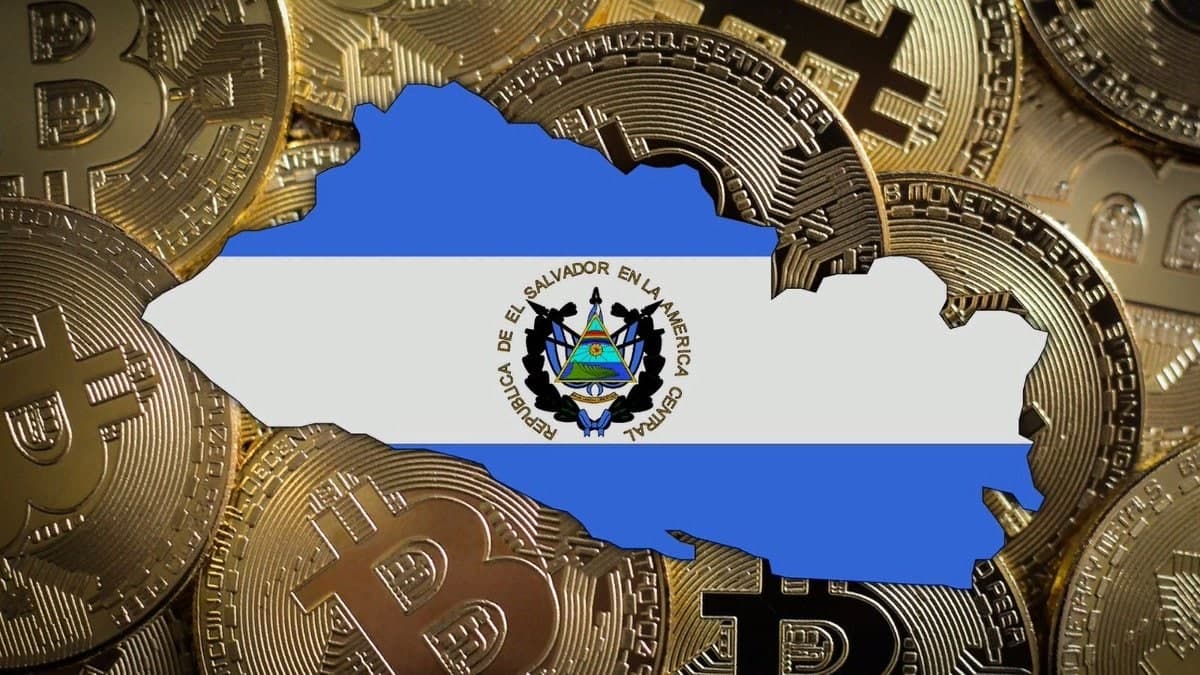El Salvador's bold Bitcoin experiment has not yet posed significant risks, but the International Monetary Fund (IMF) is demanding more transparency from the Central American country. In a statement released on Tuesday, the IMF said “further efforts are needed” to mitigate potential risks related to the country's cryptocurrency policy.
In 2021, the IMF warned El Salvador that making Bitcoin its official currency could lead to various macroeconomic, financial and legal challenges. Despite these warnings, President Nayib Bukele has steadfastly pursued his Bitcoin agenda and invested heavily in BTC. El Salvador's public wallet address shows that the country currently holds $327 million in Bitcoin.
“On Bitcoin, there is a common recognition that, although many of the risks have not yet materialized, further efforts are needed to increase transparency and reduce potential fiscal and financial stability risks from the Bitcoin project,” the IMF said in a statement on Tuesday.
Since Bitcoin became the official currency in El Salvador in 2021, President Bukele has continued to purchase BTC. Earlier this year, the government introduced a new wallet that reportedly contains a significant portion of these Bitcoin purchases. However, the full extent of the government's investment remains unclear as officials have remained reticent to tell reporters about details.
As part of Bitcoin adoption, El Salvador enacted the Bitcoin Law, which requires businesses to accept BTC if they have the capacity to do so. Despite this requirement, many businesses have been slow to adopt Bitcoin as a form of payment.
During talks with the IMF, Bukele assured that the adoption of Bitcoin would not change the macroeconomic stability of the country. The two sides have been negotiating a potential loan to strengthen El Salvador's finances for years.
In its latest statement, the IMF stated that progress has been made in talks with El Salvador regarding a fund-supported program aimed at increasing growth expectations in the country, which remains one of the poorest countries in the Americas.
*This is not investment advice.










